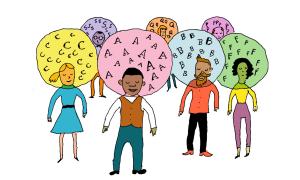article
Why Public Schools Matter

Public schools are an ideal and vital mechanism for achieving a thriving democracy. This is the first of three articles on public schools as a common good, which explore the possibilities and threats to public education.

